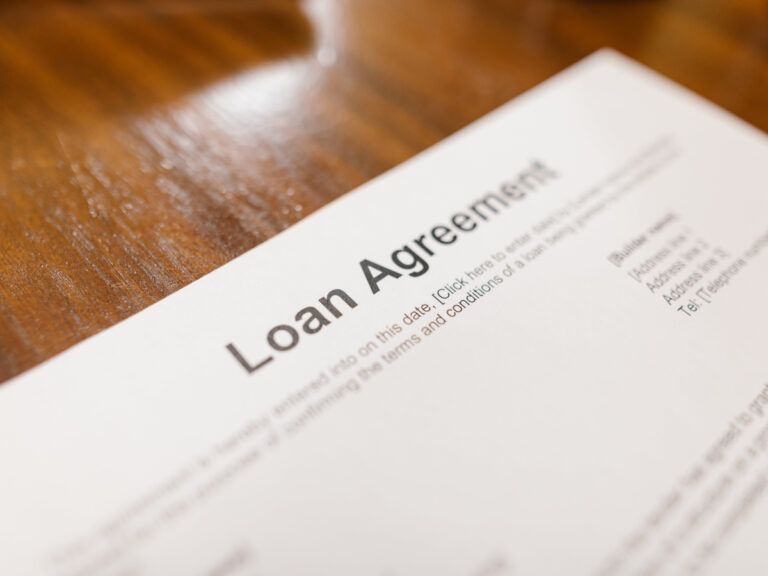How to Get a Low Mortgage Rate

Securing a low mortgage rate can significantly impact your financial future. A lower rate not only reduces your monthly payments, but also decreases the total interest paid over the life of your loan. This guide explores how to get a low interest rate on a mortgage, offering practical steps you can take to secure the financing you need.
Improve Your Credit Score
One of the most effective ways to get a low interest rate mortgage is by boosting your credit score. Lenders use this score to assess your creditworthiness. A high score can lead to better interest rates. Here are steps to improve it:
Regularly Check Credit Reports: Dispute any inaccuracies that might be lowering your score.
Pay Bills on Time: Late payments can significantly damage your score.
Lower Your Credit Utilization: Try to use less than 30% of your available credit.
Avoid Opening New Credit Lines: New accounts can lower your average account age.
Providers like Experian and Credit Karma offer free credit reports and monitoring services.
Save for a Larger Down Payment
A substantial down payment reduces the lender's risk, often resulting in a lower interest rate. For example, a 20% down payment is ideal. Online saving tools like Ally Bank or Marcus by Goldman Sachs can help you save efficiently.
Shop Around and Compare Rates
Don’t settle for the first offer. Use online platforms like LendingTree or Bankrate to compare rates from various lenders. These platforms typically provide a range of options, including banks, credit unions, and online lenders.
Choose the Right Loan Type
The loan type influences the interest rate. Fixed-rate mortgages offer stability, while adjustable-rate mortgages (ARMs) may start with lower rates. Research lenders like Quicken Loans or Rocket Mortgage, known for both fixed and ARM options.
Opt for a Shorter Loan Term
Shorter-term loans generally have lower interest rates. A 15-year mortgage might have a lower rate compared to a 30-year mortgage. Lenders like Wells Fargo and Chase offer competitive rates for shorter terms.
Rate Locks
When you find a good rate, consider locking it in, as mortgage rates change daily. Ask your lender about the rate lock option and any associated fees.
Negotiate with Lenders
Don't hesitate to negotiate with lenders. Some are willing to adjust rates to compete with other offers or to secure your business. Understanding the market can empower you in these negotiations.
Consider Points
Points are fees paid upfront to lower your interest rate. This can be beneficial if you plan to stay in your home for a long time. Lenders like AmeriSave and Better.com offer detailed explanations and calculations for points.
Improve Your Debt-to-Income Ratio
A lower debt-to-income ratio makes you a more attractive borrower. Pay down debts and consider increasing your income with side hustles if possible. Use budgeting tools like Mint or YNAB to manage your finances effectively.
Monitor Market Trends
Stay informed about the mortgage market. Rates depend on various economic factors, so timing your application when rates are low can save you money. Financial news sites like Bloomberg or The Wall Street Journal are excellent resources.
Getting a low mortgage interest rate requires a combination of good financial habits, market knowledge, and negotiation skills. Each step you take towards improving your financial standing can lead to significant savings over the life of your mortgage. For personalized advice, consider consulting a financial advisor or mortgage broker. With the right approach, you can secure a mortgage that fits your financial goals and saves you money over time.


